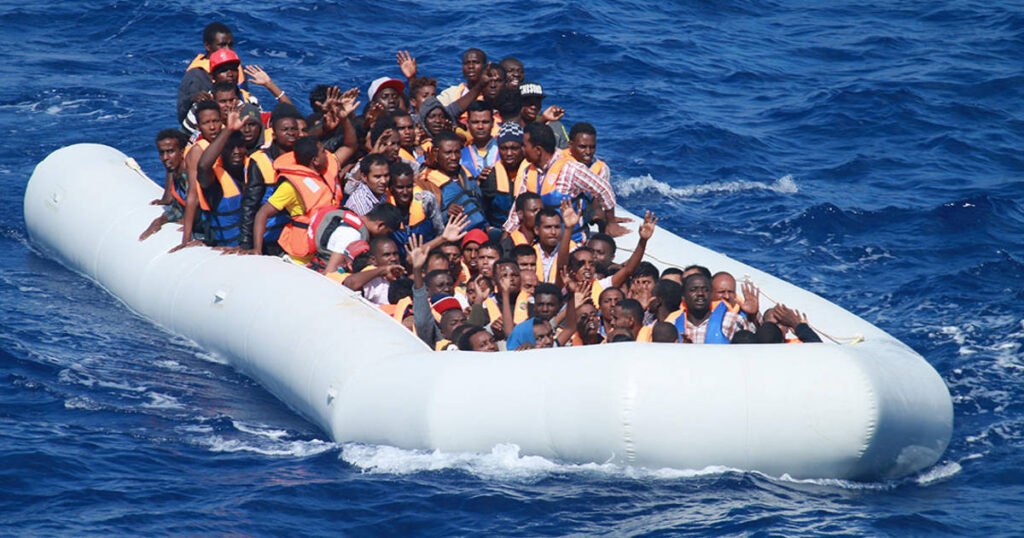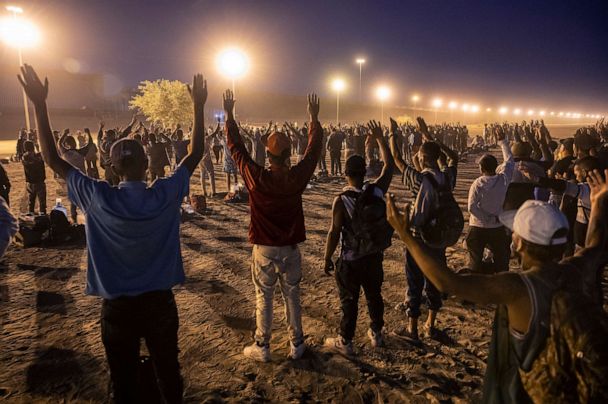Migrating Amid Desperation: The Harsh Reality

Numerous Pakistanis and other people lost their life in the tragedy of the sinking migrant boat close to Greece, which brings to light a number of crucial issues. First of all, it highlights the arrogance of European governments who assert to promote human rights and international collaboration but engage in cruel border control. Second, it highlights the unequal income distribution in the world, where some nations profit while others suffer. For people looking for a better life, this creates obstacles. It shows how human traffickers profit from the hopes and despair of young people in impoverished nations with impunity. It highlights the failure of nations like Pakistan to establish circumstances that compel people to jeopardise their lives in order to pursue better futures oversese. The Pakistani government is largely concentrating on the problem of human trafficking as a legal infraction in reaction to this catastrophe.
The European authorities find this strategy useful since it deflects attention away from their own border practises and participation in global inequalities. Internally, it assists the Pakistani government avoid acknowledging its failure to give its citizens chances.Discussions about migration, whether authorised or not, and the causes of people leaving Pakistan are now commonplace. Statistics on the number of educated and uneducated Pakistanis leaving the nation are in circulation. An unsteady economy with high inflation as well as oppressive and unstable governance are the main causes of the recent increase in migration. Even while the aggregate numbers may still be tiny, there is a clear trend among Pakistanis with advanced degrees who are looking for employment overseas more frequently. There are moments when it seems like everyone is looking for a way out. Although it has received increased attention recently, migration is not a recent phenomena. In Punjab and KP provinces, it has become widespread among the lower and middle classes, offering financial support through remittances. The idea of seeing families in their towns or villages prosper because some of their members have emigrated is quite alluring. Human traffickers purposefully prey on this need for riches and movement.

Since its founding, the Pakistani state has struggled to foster a fundamental attitude that ties people to their society. It has frequently turned to violence and oppression rather than offering inclusive alternatives when confronted with opposing ideas of community (such as those based on ethnicity, language, caste, or tribe). The recent events, which included ruthless intra-elite politics along with crackdowns and the suspension of civil liberties, have brought this out clearly once more. In conclusion, it is evident that while inclusive politics and sentiments of attachment to the community play important roles in fostering a sense of belonging to a country, they alone cannot single-handedly address the complex issue of migration, be it legal or illegal. Economic factors undeniably emerge as the primary driver for individuals seeking better opportunities elsewhere. Therefore, it becomes imperative for governments to prioritize the development of a robust and inclusive economy that caters to the needs of all its citizens. By focusing on creating an environment of economic prosperity, governments can effectively address the root causes of migration and foster a society where individuals are motivated to stay and contribute to the growth and well-being of their country.